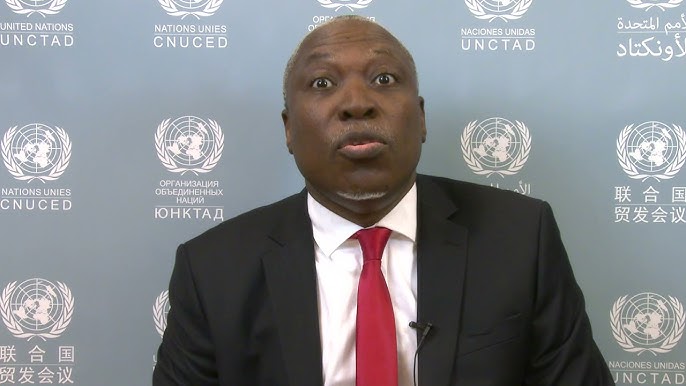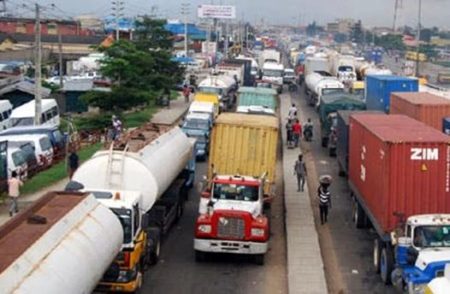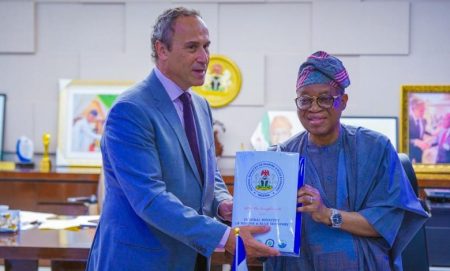
Esther Oritse
Lagos — In a groundbreaking initiative to enhance trade within the West African region, the Economic Community of West African States (ECOWAS) has launched the digitalized ECOWAS electronic Certificate of Origin in Lagos. The move aligns with the goals of the African Continental Free Trade Agreement (AfCFTA) to simplify and accelerate cross-border trade across Africa.
Speaking at the event, Mr. Salifou Tiemtore, ECOWAS Director of Customs Union and Taxation, described the launch as a significant achievement for the region.
He stated that the electronic Certificate of Origin would enable seamless, real-time trade transactions while addressing long-standing issues of fraud and document forgery.
A Regional Testing Ground
Tiemtore explained that West Africa has historically served as a testing ground for many continental policies, noting that the success of such initiatives in the region often sets a precedent for adoption across Africa.
For the initial phase, four ECOWAS member states will pilot the digital platform before it is fully implemented.
“Today, it is possible for one country to send trade documentation to another digitally, with the destination country receiving it through an electronic system.
“This development eliminates fraud, ensures authenticity, and streamlines trade processes.”
Advancing Trade Facilitation
Mr. Nafiu Isiyaku, Comptroller of Customs in charge of Trade Facilitation at the Nigeria Customs Service, highlighted the benefits of automation in trade processes. He explained that digitalization promotes transparency, speeds up clearance processes, and eliminates ambiguities, thereby facilitating legitimate trade.
“The former reliance on hard copy trade documents caused delays and created opportunities for forgery,” Isiyaku said. “With this digital transformation, the legitimacy of trade is clear, fostering trust among all parties.”
A Milestone for Regional Integration
In his keynote address, Mr. Bernard Tayoh, Head of the Support Program to the ECOWAS Commission for AfCFTA implementation, hailed the launch as a milestone in regional economic integration. He noted that the initiative would benefit member states, businesses, and citizens by boosting trade efficiency and fostering economic growth.
“The launch of the Electronic Certificate of Origin represents a significant step toward facilitating the determination of the origin of goods by border agencies,” Tayoh said. “This innovation not only makes the ECOWAS Trade Liberalization Scheme (ETLS) more effective but is also environmentally friendly. It will enhance intra-community trade and strengthen the economic competitiveness of member states.”
Looking Ahead
Tayoh also stressed the importance of a robust information and sensitization campaign to ensure the effective implementation of the digital Certificate of Origin. He highlighted the broader benefits of trade facilitation initiatives, including regional transit guarantees, improved security, and support for the rollout of AfCFTA strategies.
“This achievement represents a shared commitment to regional integration and economic progress,” Tayoh concluded, expressing optimism for the continued partnership among ECOWAS member states.
The digital transformation marks a new chapter in the journey toward seamless regional trade and economic collaboration, setting the stage for a more integrated and prosperous West Africa.



